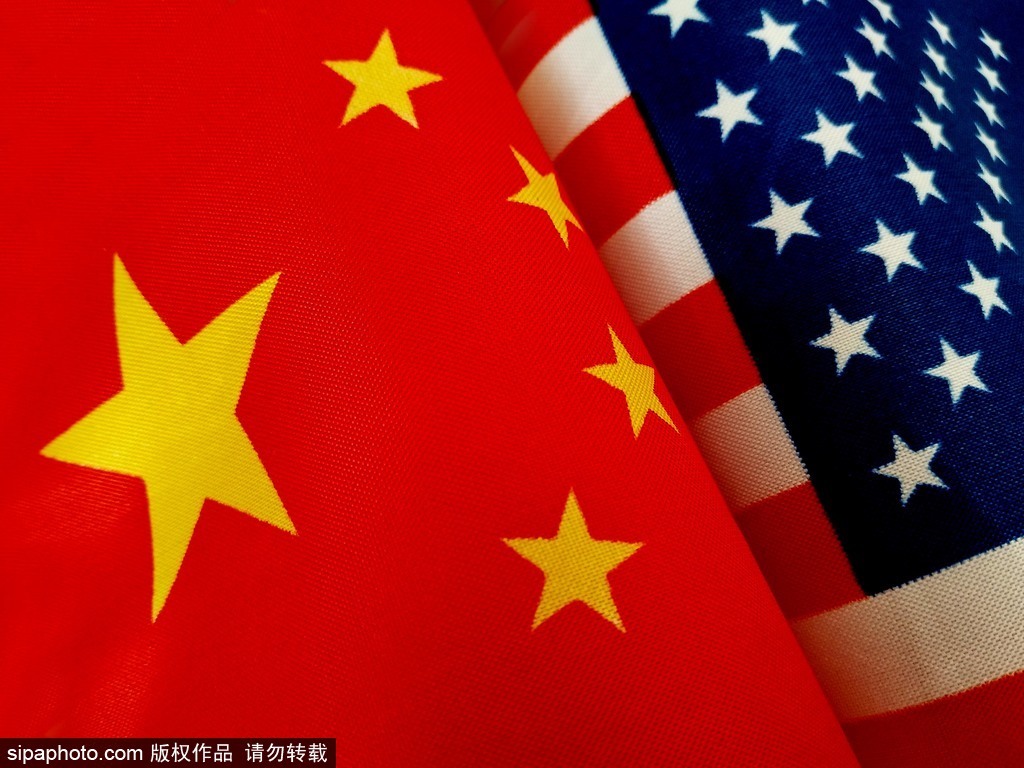
Sino-US relations have deteriorated mainly because the United States has been desperately trying to check the peaceful rise of China. In fact, Washington launched the trade war against Beijing in 2018, which marked a significant change in bilateral ties, precisely to check China's rise.
The US administration has provoked conflicts in the fields of trade and technology, over the South China Sea and Hong Kong issues, and the Taiwan question. From US President Donald Trump to Vice-President Mike Pence and Secretary of the State Mike Pompeo all have been badmouthing China, in their attempt to make China the scapegoat for many of the US' problems, including the novel coronavirus pandemic. The US administration stooped to a new low on Tuesday by ordering the closure of China's consulate in Houston, Texas, within 72 hours.
Though China doesn't want a cold war, Sino-US tensions keep rising. The US should bear in mind that the world is different from what it was seven decades ago. It is not divided into US and Soviet camps with irreconcilable political and ideological contradictions, and limited interactions.
Also, unlike the Soviet Union, China has no intention to export its ideology, and there are no inherent contradictions between Chinese and foreign institutions. More important, the US can no longer bring together the whole Western world and like-minded countries to launch a unified containment policy against a country, simply because the world today values peace and development more than war and revolution.
True, US think tanks, media and rightwing forces in the White House believe, that since Sino-US strategic conflicts are inevitable, the US should check China's rise by decoupling the two economies. But the majority of the people including some politicians in the US don't want a new cold war.
The deterioration in bilateral relations, among other things, can be attributed to Washington's increasing anxiety over China-US strategic competition and China's growing economy and rising global influence. Many have criticized the US' policy toward China, though, and warned that its attempts to contain China would backfire.
Yet Sino-US relations are not likely to improve until the end of the US presidential election, scheduled for November, because for years now presidential campaigns have been running anti-China planks.
Sino-US relations are the most complicated bilateral relationship, so none can say with certainty whether the two sides will try to settle their disputes in the best tradition of statesmanship or be caught in the "Thucydides trap".
But while safeguarding their national interests, China and the US should not overlook the huge potential for co-development, and the importance of mutual respect, mutual trust and cooperation for safeguarding mutual interests and realizing mutual benefit. The two sides have mutual interest in not only trade but also regional and global issues, such as combating terrorism and climate change, and overcoming global crises, including the novel coronavirus pandemic by developing vaccines and therapeutics.
Despite the negative signals from the US, China has reiterated that it has no intention of challenging the US' global leadership position. Instead, it is committed to deepening reform and expanding opening-up, strengthening intellectual property rights protection, and developing a better business environment to attract more foreign investment.
The US may have resorted to protectionism, especially in the high-tech sector, but US businesses understand that the bigger a market the greater the potential for technology innovation. No wonder US universities support people-to-people exchanges with Chinese institutions, and even some US allies have refused to take sides in the Sino-US disputes-because they don't welcome a China-US decoupling.
During the Cold War, neither the US nor the Soviet Union could maintain a confrontational policy for long. Similarly, neither China nor the US can follow a confrontational policy in the long term and expect to sustain its economic and strategic development. Therefore both sides should exercise self-restraint and work together to develop a new type of bilateral relationship characterized by positive competition.


